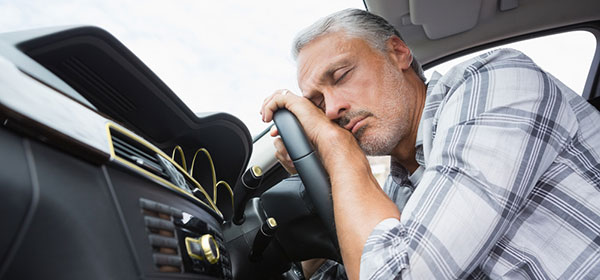Sleep apnoea not only makes for a poor night’s sleep for you and your partner, but it can also lead to more serious health issues.
Put simply, sleep apnoea is when your throat closes up and you stop breathing during sleep, repeatedly depriving your brain of oxygen for moments at a time.
The condition raises your risk of a range of health issues, but when treated, you can reduce your risk or maybe cure some of the following issues.
1. High blood pressure
Repeatedly waking during the night to catch your breath adds stress to your body, making your hormone systems go into overdrive and lowering the oxygen levels in your blood and raising your blood pressure. Treating sleep apnoea will lower your blood pressure and may even mean you can come off BP meds.
2. Heart disease
The stress of sleep apnoea leads to an increased risk of heart attacks and atrial fibrillation. It also alters the way your brain takes in oxygen, making it difficult to control how the blood flows to your major organs.
3. Weight gain
Being tired can lead to your body releasing the hunger hormone ‘ghrelin’. This causes your body to try and compensate for the lack of energy through cravings for sugar, fats and carbs. This leads to weight gain, and those extra kilos, in turn, raise your chances of getting stuck in the sleep apnoea cycle.The extra weight can lead to fatty deposits being stored in your neck, which makes it harder to breathe at night. Impaired breathing makes the conversion of your food to energy more difficult. Treating sleep apnoea will give you more energy for exercise and subsequent weight loss.
4. Type 2 diabetes
Around 80 per cent of people with sleep apnoea will develop type 2 diabetes. This is because the condition can lead to obesity and disrupt the body’s ability to properly process insulin.
5. Adult asthma
It’s common for adults with sleep apnoea and the resulting difficulty breathing to develop asthma attacks. Treatment for sleep apnoea will lead to fewer attacks and easier breathing at all times of the day.
6. Car accidents and other mishaps
Feeling tired from poor sleep can lead to falling asleep behind the wheel and other dangerous mishaps. In fact, people with sleep apnoea are five times more likely to have a road accident
Treatment
There are many treatments available for sleep apnoea, the main one being a continuous positive airway pressure machine (CPAP). These are usually prescribed after some form of sleep study. A CPAP is a device that attaches to your nose or, in some instances, covers the whole face, and will help sufferers sleep better and feel refreshed and energetic during the day.
Short of surgery, there are also a range of mouth appliances and nerve stimulators that keep the airways open at night.
Of course, you should consult your doctor if you suspect that you have sleep apnoea. Treated, it can make a huge difference to the quality of your life.
Read more at www.health.harvard.edu
Do you have sleep apnoea? How did you handle it?
Related articles:
How to detect sleep apnoea
How to stop snoring
Wake up call on sleep apnoea

